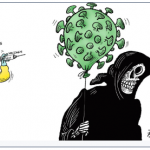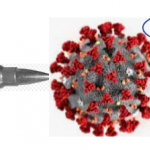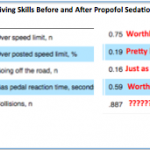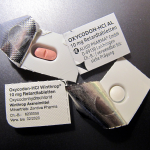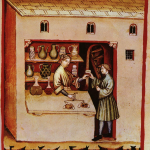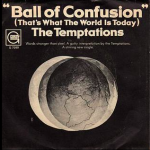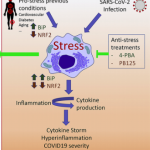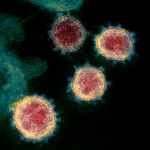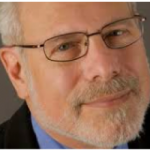Eric Topol is a cardiologist working in translational medicine, innovation, at Scripps Clinic in San Diego. He is an active commentator in healthcare. Here is his Twitter thread on Operation Warp Speed along with the vaccine development timeline.
Drugs & Pharmaceuticals
Pfizer and Moderna are producing fewer but more effective (and pricier) vaccines, while AstraZeneca is making a greater number of less effective (and cheaper) vaccines.
We got some very good news in the past week. Vaccines from Pfizer and Moderna greatly exceeded expectations. But Drs. Seley-Radtke and Bloom argue in the Duluth News Tribune that antiviral drugs will still be needed, no matter how good the vaccines are.
We've just gotten a whole bunch of good news – news we really needed – about finally getting the upper hand against COVID-19. Two vaccines, both more than 90% effective at protecting clinical trial participants against the disease, were announced just seven days apart. These numbers are well beyond expectations, but some critically important questions linger. Here they are. The answers will determine how successful the vaccines will be.
Should people who were given propofol be allowed to drive home? Are men drivers better or worse than women? Some ghastly chemistry poetry, and one of the funniest YouTube videos ever. Oh, to answer the original question: it's impossible to tell from this study. Here's why.
Purdue Pharma will pay an $8 billion fine and shut down. Finally, justice has been served, though far too late for the thousands of addicted or dead Americans whose problems began with OxyContin.
There was never much evidence in favor of using hydroxychloroquine (HCQ) as a treatment for COVID. Now, a trial involving over 4,700 patients definitively proves that HCQ does not work.
Operation Warp Speed is the name of the federal effort to quickly bring a COVID-19 vaccine to the public. Like all federal efforts, it carries both a price tag and an organizational chart.
The term "opioid" has become a dirty word. "Synthetic" is also dirty. When putting them together you get something that is dirty but also confusing -- and probably intentionally so. There's no scientific reason to categorize a drug as a "synthetic opioid" or a "synthetic anything," as you will read here. To see how silly it is, let's perform the same exercise with antibiotics and see how that works out.
It's now more than seven months into the pandemic in the U.S. and doctors and scientists have been trying pretty much everything -- with little to show for their efforts. Perhaps the most effort has gone into finding drugs to prevent the immune system meltdown caused by the virus. Here's another: Can a simple, safe, approved drug called phenylbutyric acid tread the line between under- and over-treatment of the immune system by reducing cell stress?
What happens to the global economy if the medicine ends up harming those it is meant to cure?
Europe used to be the voice of reason in antibiotic discovery and development, but that is no longer the case. The European Medical Agency, Europe's equivalent of the FDA, is requiring so many clinical trials for antibiotics that it is no longer feasible for companies to market the drugs in the E.U. ACSH advisor Dr. David Shlaes (pictured) explains.


